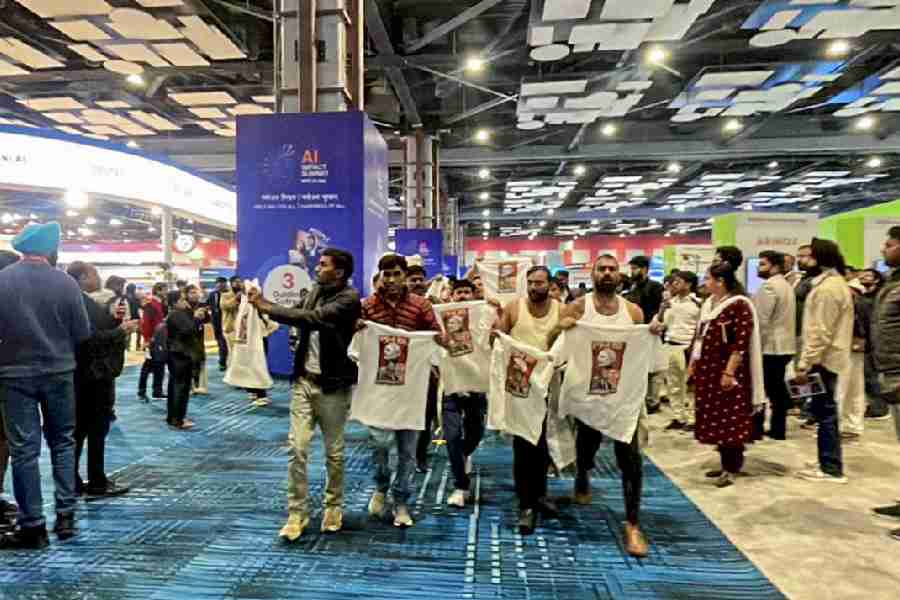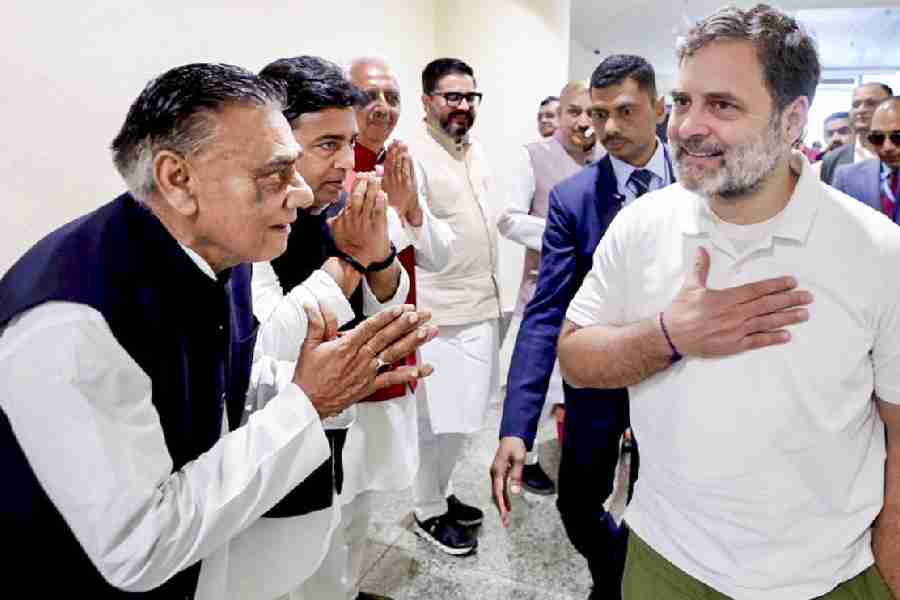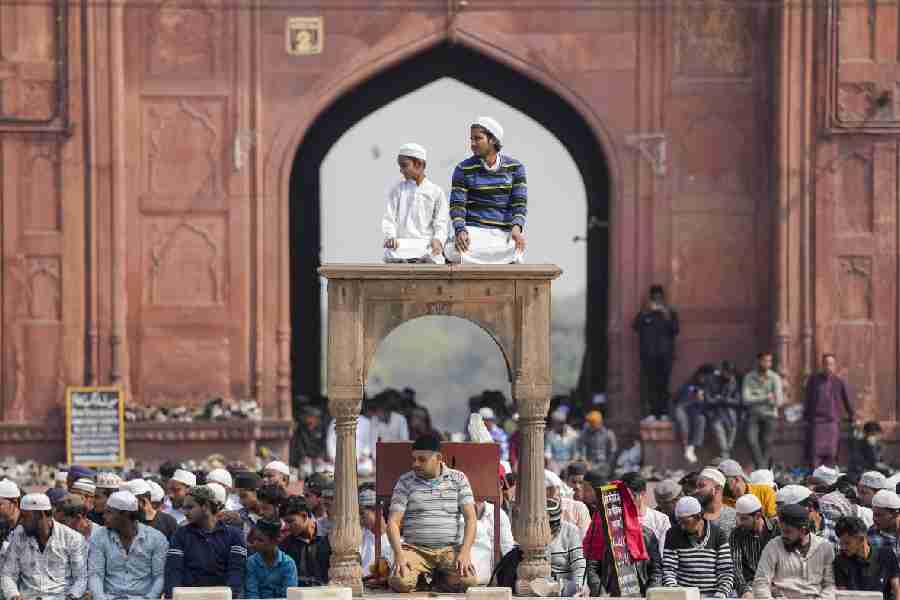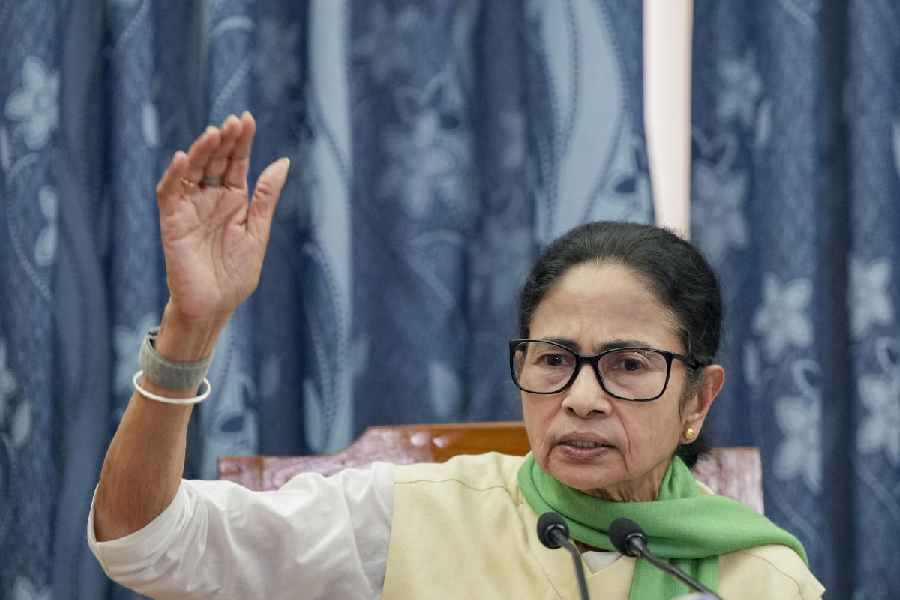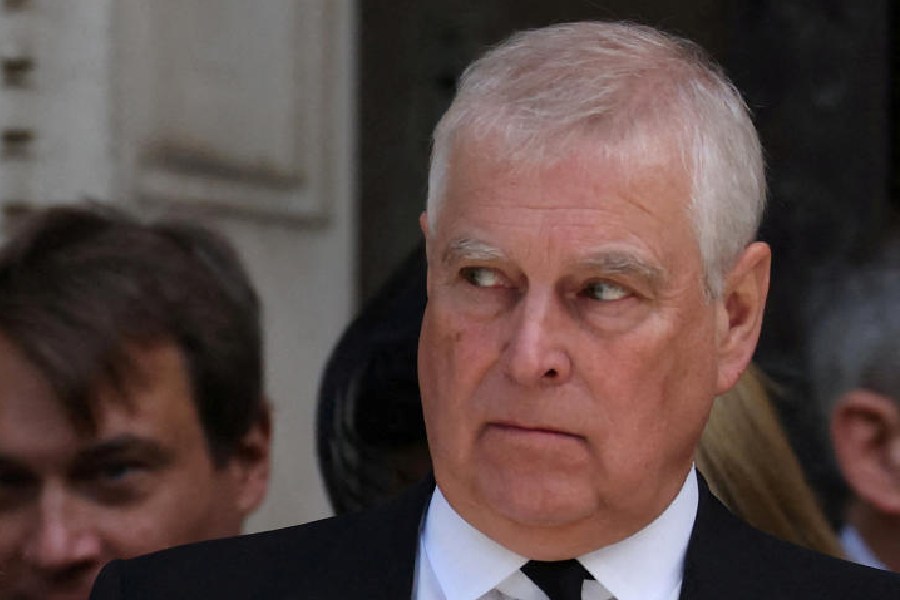 |
| Churchill and Nehru in London |
Winston Churchill apologised to Jawaharlal Nehru for having opposed Indian independence when the two leaders met in London in 1948, according to the author of a heavyweight new book on independent India’s first Prime Minister.
“They made up,” reveals Judith Brown, a distinguished historian at Oxford University, who is about to release Nehru: A Political Life (Yale University Press; £25). Churchill was big enough to turn to Nehru and say, “I’m sorry,” adds Brown.
This startling claim by Brown, who is Beit Professor of Commonwealth History at Oxford and professorial Fellow of Balliol College, may encourage the reassessment of Churchill that has been under way in India for some years.
In the UK, Churchill won a recent contest held by BBC television to find the “Greatest Briton” of all time, mainly because of his wartime leadership and rousing speeches such as the one in which he pledged that “we shall fight on the beaches, we shall fight on the landing places... we shall never surrender”.
Indians, though, have traditionally seen him as little short of a bullying, racist imperialist who simply could not stomach the idea of an independent India. He did not endear himself to Indians by declaring that “I have not become the King’s First Minister to preside over the liquidation of the British Empire”.
But he could not be forgiven for insulting Mahatma Gandhi whom he characterised as “a fanatic… a seditious Middle Temple lawyer, now posing as a fakir of the type well known in the East, striding half naked up the steps of the Viceregal palace...”
Brown says in her book that in 1944, Nehru had written to an intransigent Churchill, then Prime Minister, to tell him “forthrightly” that “a proper settlement in India was essential for Britain and the Commonwealth, yet India’s problems seemed to be treated by London with neglect, even sometimes with hostility and contempt”. He urged Churchill to recognise that the Raj could not continue indefinitely and not even for long, and that “if India was to remain a willing member of the Commonwealth, then some imaginative and constructive move had to be made without delay”.
By 1948, though, when Churchill was in the political wilderness after having lost the general election in 1945 to Clement Attlee, he was a different man. Brown, who says she has been given unprecedented access by Sonia Gandhi to Nehru’s papers, including personal letters, argues that Churchill was a changed man. He realised that in opposing Indian independence he had perhaps made a mistake.
At a personal level, he was also much taken with Nehru, like him an Old Harrovian. They dined together and “Nehru wrote to his daughter, Indira, saying he was having a good time with Churchill”. Churchill was returned to power in 1951. In 1955, adds Brown, “as Churchill came to the end of his time as Prime Minister he wrote to Nehru of the great pleasure he felt that their personal relations had been so agreeable ‘after all that has happened’ in relations between India and Britain”.
Two other important British historians, Patrick French and Andrew Roberts, go along with Brown’s reassessment of Churchill. French, author of Liberty or Death: India’s Journey to Independence and Division, related an anecdote told to him by Nayantara Sahgal, whose mother, Vijayalakshmi Pandit, a former Indian high commissioner in London, was once invited to Chequers, the British Prime Minister’s country residence, by Churchill.
Referring to Ranjit Pandit, Mrs Pandit’s husband who had died in prison during British rule, Churchill said: “Of course, we killed him.” It was his way of apologising.
Roberts, author of Eminent Churchillians, said: “Churchill was a pragmatist who realised that Indian independence had become a fact. There was nothing he could have done. Churchill was an imperialist, he was never negative about India. He was capable of changing, adapting to the facts of the day. He was not a blind reactionary.”
At a personal level, Harrow was very important to both Churchill and Nehru. “Didn’t they pay a visit to school at the same time?” recalled Roberts.





